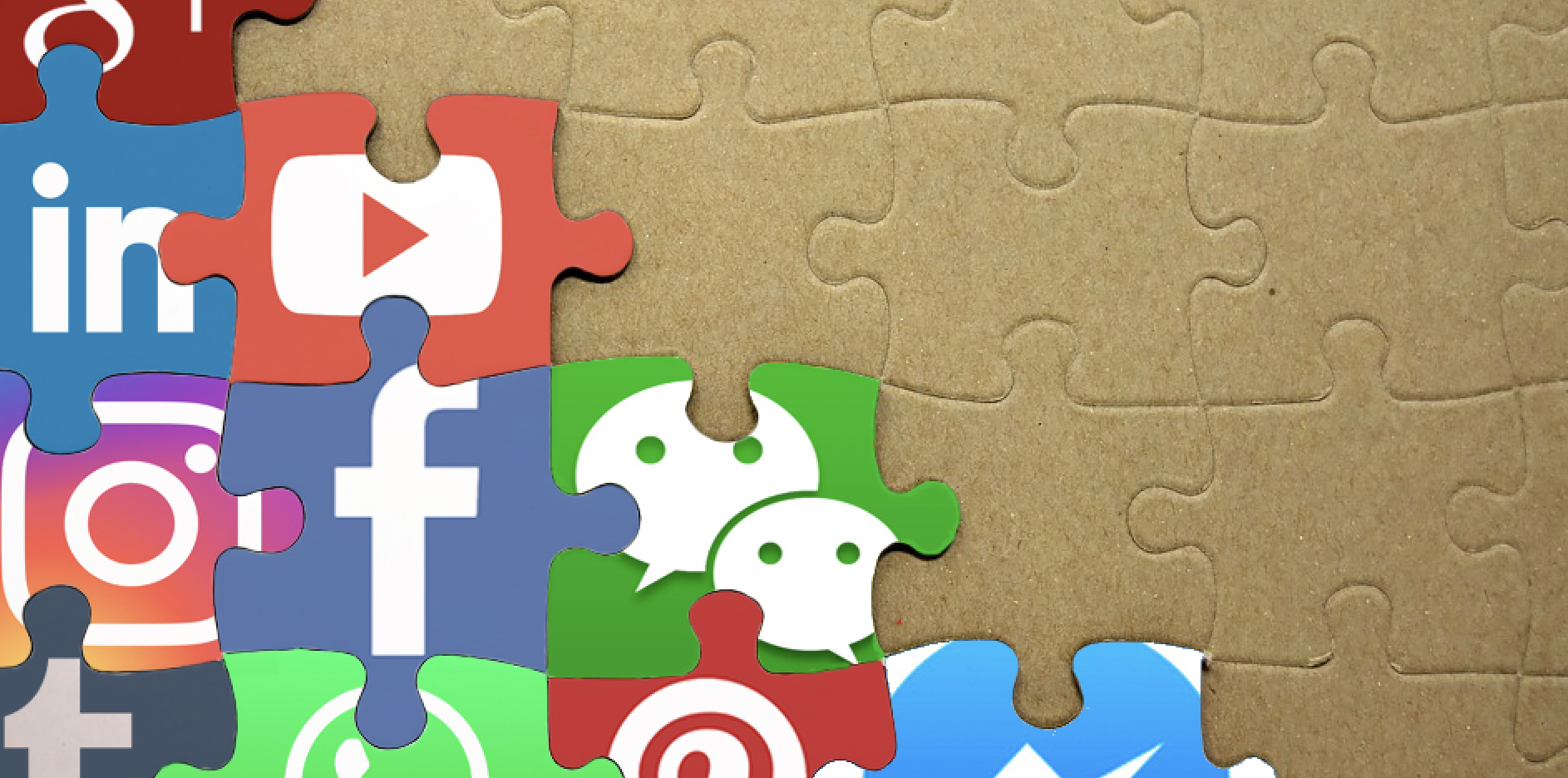My hope for Web3 social media

Last November (2021), Solana Ventures and Alexis Ohanian announced a $100M initiative for Web3 social media. Alexis also led an $18m round recently into Rainbow App, which plans to ramp up its social media efforts. Overall, there seems to be a rush toward recreating Twitter, Reddit, Instagram, TikTok, etc. in Web3.
But let’s step back for a moment. Is this a good thing? Do we really need an exact replica of existing social media platforms, but owned and governed by “the people”? Will that fix the fundamental problems?
With the release of The Social Dilemma on Netflix last year, and a ton of clear evidence about the perils of social media for many people, one would hope that this would be a wake-up call to think about how Web3 can fundamentally change how we interact online.
Personally, I understand that my personal hope for Web3 social media may not be shared by most people. I get that people love memes, popularity contests, FOMO, and click bait. However, I do wonder if we step back and think deeply about what we really want from social media, it may lead us into some interesting spaces.
I’ll go first.
Below are my own first principles thinking about social media.
First of all, let’s be honest; it’s impossible to replicate online the experience of a long meandering conversation over dinner. Personally, I find this to be one of the pinnacles of social communication. The ability to pick up all the non-verbal communication, have time to digest thoughts, pick up on nuance, and learn deeply from one another is extremely powerful.
My experience of social media over the past 15+ years - from my biased perspective - has been one where platforms have attempted to extract core parts of what would be communicated over a long dinner, cheapen it, and then use our attention and content as products to sell to advertisers.
Thus, when opening common social media apps today, I’m bombarded with manufactured content to capture my attention and compel me to click ads. Frankly, if you step back a minute, this is absolutely horrific. Why do we enslave ourselves to this? Can Web3 provide a better way?
My honest answer is that I’m not sure.
I know that as social creatives, what we are attempting to gain from social media (whether we know it or not) is belonging and information. We crave to know about the latest happenings of our “tribe”. If you think back to thousands of years ago, knowing who to trust in your tribe was often a matter of life and death. It’s no wonder, then, that our brains are so addicted to social media.
A better way
More than just knowing who to trust as a matter of life or death, I would love to see a future where not only do I have sovereign control and ownership of my identity and data (a key promise of Web3), but also where I can opt-in to experiences of my choosing to share content with the right people, with the right level of privacy, at the right time.
Currently, one set of friends insist on using only messaging apps (iMessage, Whatsapp, etc…). Another set of friends use Whatsapp/Signal/etc.. for mainly group chats. Another set of friends use community chat apps like Discord/Slack. Another set of friends use more standard social media apps like Twitter, Instagram, or Tiktok.
For me, a better way to communicate with friends and colleagues would be to have a smart user experience where all these various types of communication could be handled with interfaces built on a core set of universal protocols (like HTTP and SMTP were for Web1). Projects like Lens Protocol and POAP are doing just that, i.e. creating protocols for social graphs and experiences (respectively) that interfaces of the future can be built upon. If the entire Internet, then, agreed on these protocols the same way we agree on HTTP and SMTP, then imagine what could get built!
I would be able to “permission” my content into multiple Web3 platforms (i.e. write once, share wherever). My friends could consume that content in whatever app they want, analogous to reading email in whatever email app they prefer. That content could then be repurposed for future social experiences, conversations, etc…
The holy grail
Ideally, I could just share thoughts/notes/writing/podcasts/etc… into a single interface and then machines that I trust would know who, when, and where to send it. In the same way we collectively built Linux and Wikipedia, imagine what kind of AI utility we could build into social protocols of the future.
Frankly, I don’t love the “likes/hearts/retweet/upvote” number counts on social things. I never have. Snapchat was very, very smart to do away with that. I understand why those things are there (i.e. to incentivize creating engaging content and make celebrities feel better about themselves), but it changes a social dynamic when everything you do is for a popularity contest. I also don’t love how when I read a great piece of content that doesn’t have many hearts/shares or whatnot, that part of my brain somehow has been trained to think it’s less worthy of my attention. This is a terrible dynamic, and it’s unfortunate that we’ve let the socials get away with it.
A call to action
So, in conclusion, please - seriously consider a protocol-first approach to building in Web3. Let’s create the HTTP and SMTP for social, and people can consume content in whatever apps they see fit. This will encourage not only more creative entrepreneurship in the future, but it could - potentially - help solve so many of the problems that Web2 social media introduced in the first place.
If you are building in Web3 social, please find me in the BanyanDAO Discord server and reach out. I’d love to connect and discuss how to build a better way for us all to communicate online.